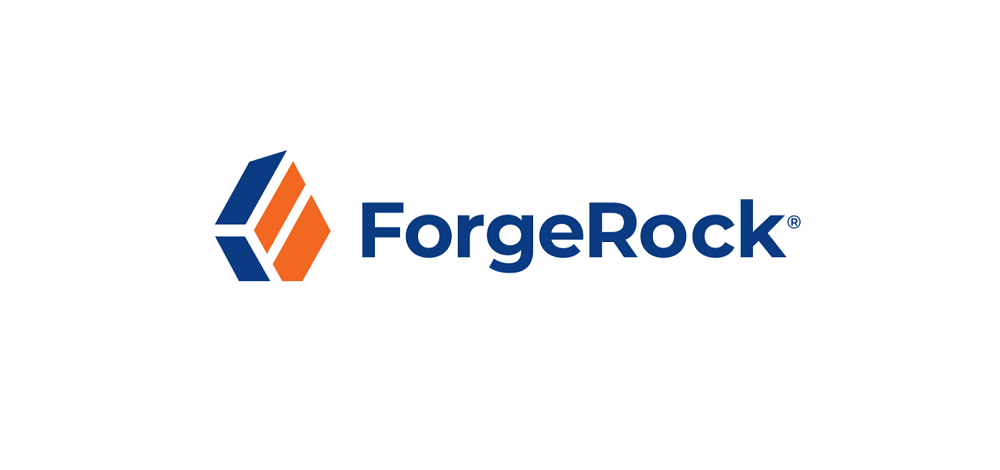
Global Survey Reveals the Pandemic Drove Rapid Adoption of New Apps and Online Services for Retail, Entertainment and Banking
ForgeRock® has released of a new report: “The New Normal – Living Life Online.” The study polled 5,000 consumers throughout the U.S., U.K., Germany, Australia and Singapore to understand how consumer behaviors and preferences have evolved since the start of COVID-19 restrictions and how they plan to purchase and engage with the world in the future.
Key findings include:
- Nearly half (45%) of all consumers polled say they will use more online services post-pandemic than they did before it started
- However, more than one-third (35%) warn that a difficult log-in process would cause them to cancel their account, while 32% said they would look to another service
- Consumers 65 and older have embraced their new digital lifestyles, with 31% reporting they plan to only shop online after stay-at-home restrictions are lifted
- One-third of consumers ages 18-24 won’t be returning to stadiums or theatres; instead they plan to keep watching sports, concerts and movies online post-pandemic
“The COVID-19 pandemic forced consumers to change how they engaged in everyday activities traditionally handled in-person, such as grocery shopping, doctor check-ups and going to the movies,” said Ben Goodman, SVP of global business and corporate development, ForgeRock. “While the survey found consumers plan to keep up many of their new digital habits even after stay-at-home restrictions lift, it’s clear their tolerance for poor digital experiences is thin and many won’t hesitate to switch apps for something that’s easier to use and delivers a better overall user experience.”
“Poor online experiences can impact the bottom line. Consumers abandon their shopping carts when the checkout process is too long or complicated. New apps are at greater risk for these pitfalls and businesses must react quickly with sophisticated digital identity approaches to keep the customer experience friction-free,” added Goodman.
Based on the survey findings, consumers will continue to engage online for entertainment, retail and banking after the pandemic. However, for at least two-thirds of consumers, healthcare visits and grocery shopping will revert back to in-person activities, likely due to the personal nature and quality of the experience. Other activities, such as education, might best be served in a hybrid model.
Regions varied in their response to the pandemic. While Singapore and the U.S. led in registering for new apps and online services, German respondents favored in-person activities more than any other region surveyed. Britons and Australians reported they were likely to continue using their new entertainment apps and online services after the pandemic restrictions lift.
The full findings of the report can be found here, including regional insights specific to the U.S., the U.K., Germany, Australia and Singapore.
This report is the first installment evaluating how consumer behaviors have changed how and what digital activities they engage with since the start of the pandemic, as well as how they access those apps and accounts.
Methodology
This study surveyed 5,000 consumers from the U.S., the U.K., Germany, Australia and Singapore for their preference and experience with apps and online accounts, as it related to pre-pandemic preferences. App and online account usage was evaluated across seven categories: education, retail, grocery, entertainment, financial, healthcare and government.






